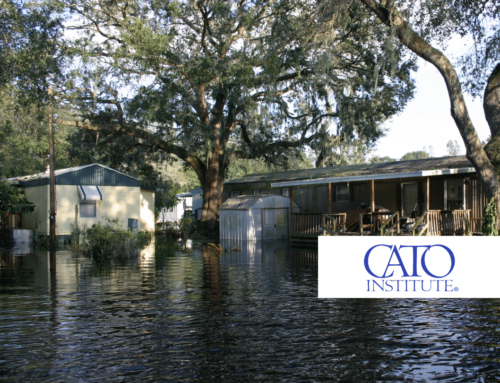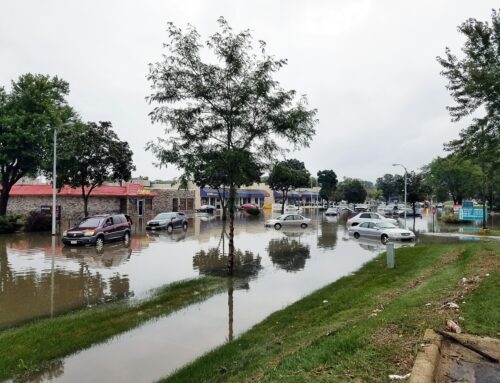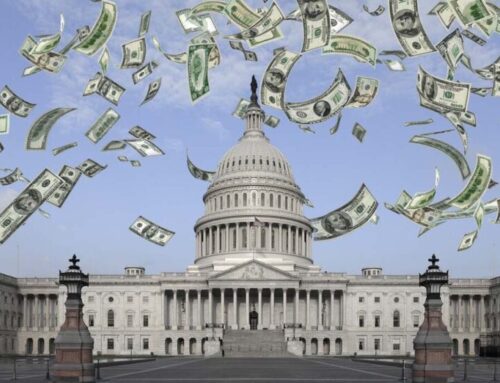Lawmakers writing the next transportation spending bill have a problem. Actually they have 89 billion problems, because that’s how many dollars they are short between what they want to spend over the next six years and the amount of revenue expected. Considering the contortions Congress has gone through the last several years when it came to finding offsets for more spending they are in a fiscal pickle.
The old saying is when the going gets tough, the tough get going. The question here is where are lawmakers going? Are they going to make tough decisions and find the transportation related revenue for their transportation spending appetite? Or are they going to try to find an easy route through starving other accounts, paper gimmicks, or raiding the treasury refrigerator?
These are important questions because our transportation system is built on a system of user fees, most notably the gas tax. The basic idea being that the system should be paid for by those using it and be self-sustaining. Thus you pay for the roads when you fill-up your F-150, not when you fill out your Form 1040. But in recent years the math hasn’t been working and we’ve run out of money.
Not surprisingly, it looks like lawmakers are trying to find an easy way out. Not surprisingly because they have been dealing with spending eyes being greater than their revenue stomach by raiding the treasury for more than $50 billion since 2008. Sadly, they are sinking to new lows of ridiculous offsets.
House Republicans have talked about using savings from getting rid of Saturday mail delivery as an offset. Well, you could say that having fewer mail vehicles on the road reduces impact, but that’s pretty much the inverse of a user fee like the gas tax.
Not to be outdone, some Senators are floating the idea of using multi-national corporations’ profits that are parked overseas as an offset. There is an estimated $1.95 trillion in profits being kept out of the U.S. to avoid the 35 percent tax rate. The idea is to let companies bring these profits back to the U.S., but taxed at a rate of five percent or so and voila there’s $98 billion in revenue to replenish the trust fund for years. (Though the Joint Committee on Taxation estimates that a holiday would really only bring in $19.6 billion.)
There are several problems with these staggeringly bad ideas. One, they don’t fix any of the fundamental problems with the trust fund revenue shortfalls compared to lawmakers spending desires. Two, revenue generated from a tax holiday – if such a scam was to be perpetrated on taxpayers – should go to the Treasury, not some dedicated purpose. We still have a half trillion deficit and a $17.5 trillion debt. Three, certainly our nation’s tax code needs to be reformed, but taking care of just one aspect that needs to be fixed actually would reduce some of the incentive for broad reform and in an inequitable way. Finally, instituting tax holidays for profits parked overseas encourages more parking in the future. The last time we did a holiday, $804 billion was parked. Just 10 years later, we’re looking at $1.95 trillion.
Instead of the gimmicks and “get rich quick schemes” lawmakers need to make hard decisions. In transportation the commitments on project spending are multi-year. That means that if Congress makes the courageous decision to live within the gas tax means the overspending chickens from the last few years will come to roost. All the 2015 revenue will end up being spent on previous commitments, so no new road projects could start next year. But at least that will get the nation on the track of living within our means.
Or come up with some new revenue. Cars are more fuel efficient, generating less gas tax revenue per mile of travel, and because the 18.4 cent gas tax hasn’t changed since 1993, the spending power has been reduced by inflation. The Congressional Budget Office estimates that it would be roughly 30 cents if it was indexed to inflation. Coincidentally they estimate the tax would have to increase 10 to 15 cents to pay for current spending levels in the future. Hmmmm. Or Congress can be forward looking and explore even more truly user fee type revenue like vehicle miles travelled, expanded tolling, or other user fees based on actual usage and resulting wear and tear – any of which would be better than the gas tax.
What we can’t afford are gutless lawmakers that refuse to go the distance for taxpayers.











Get Social